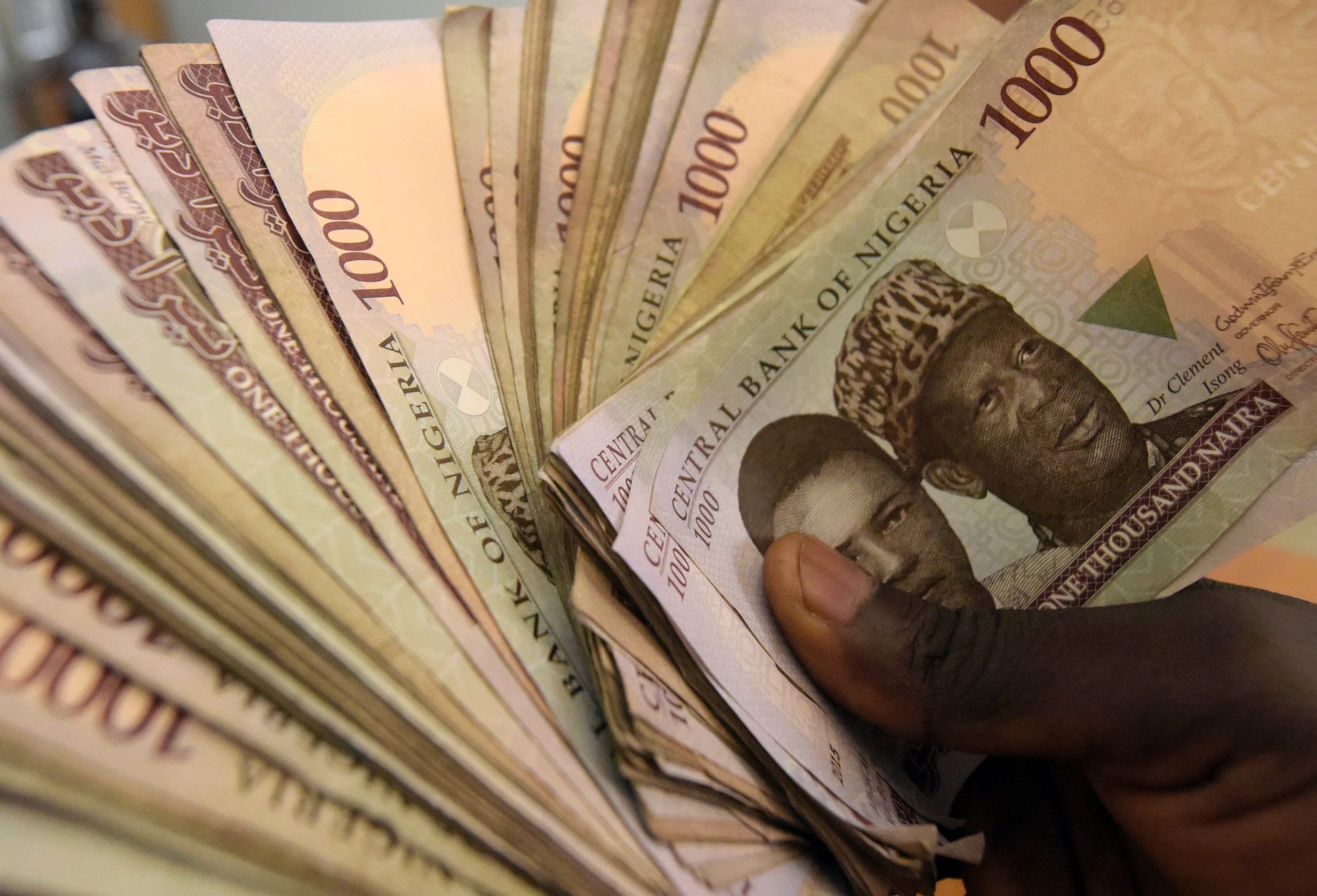Foreign Inflows Fall By 32%
The Central Bank of Nigeria has disclosed that capital importation into the country fell by 32 percent to $500m in October 2021.
This is a drop from $660m recorded in September, 2021 which was an increase as against $440m recorded in August.
The CBN disclosed these figures in its latest monthly economic report (October) recently released on the bank’s official website.
The report also shows that there is a corresponding decline in investment inflows from the United Kingdom, South Africa and other countries leading the pack in capital importation into Nigeria.
Breakdown Analysis
A breakdown of the inflows recorded in October shows that foreign portfolio investments dominated capital importation with a value of $330m.
The CBN said, “New capital importation decreased by 32.0 per cent to US$0.50bn in October 2021, from US$0.66bn in September 2021.
“Disaggregation of capital importation by type of investment shows that foreign portfolio investment inflow (mainly money market instruments), at US$0.33bn, decreased by 34.0 per cent, relative to the US$0.50bn in September 2021.
“Despite the decline, portfolio inflow remained dominant in total foreign investment, accounting for 65.0 per cent.
“The inflow of other investments, mostly loans, was US$0.14bn or 28.2 per cent of the total, a slight increase from US$0.13bn in September 2021.
Also, the report noted that foreign direct investment accounted for only 6.8 per cent of capital inflows in October at $30m.
Considering capital importation by nature of business, the central bank said financing led the chart representing 47.4 per cent, banking stood at 13.8 per cent, shares got 12.9 per cent while trading was 8.9 per cent.
Other sectors such as telecommunication and service contributed 7.4 per cent and 3.8 per cent, production/manufacturing accounted for 3.6 per cent while agriculture contributed 2.1 per cent.
The CBN added that, “Capital importation by country of origin indicates that the Republic of South Africa led the pack (46.1 per cent), followed by the United Kingdom (16.4 per cent) and Singapore (10.0 per cent). The Netherlands contributed 9.5 per cent, the United States of America (9.4 per cent), Guinea (2.0 per cent), Mauritius (1.8 per cent), United Arab Emirates (1.0 per cent), Czech Republic (0.9 per cent), and Denmark (0.9 per cent). Others accounted for the balance.
“Analysis of capital importation by destination (states), reveals that Lagos and Abuja were the main recipients with US$0.44 billion (or 88.3 per cent) and US$0.06 billion (or 11.7 per cent) of the total, respectively.”



